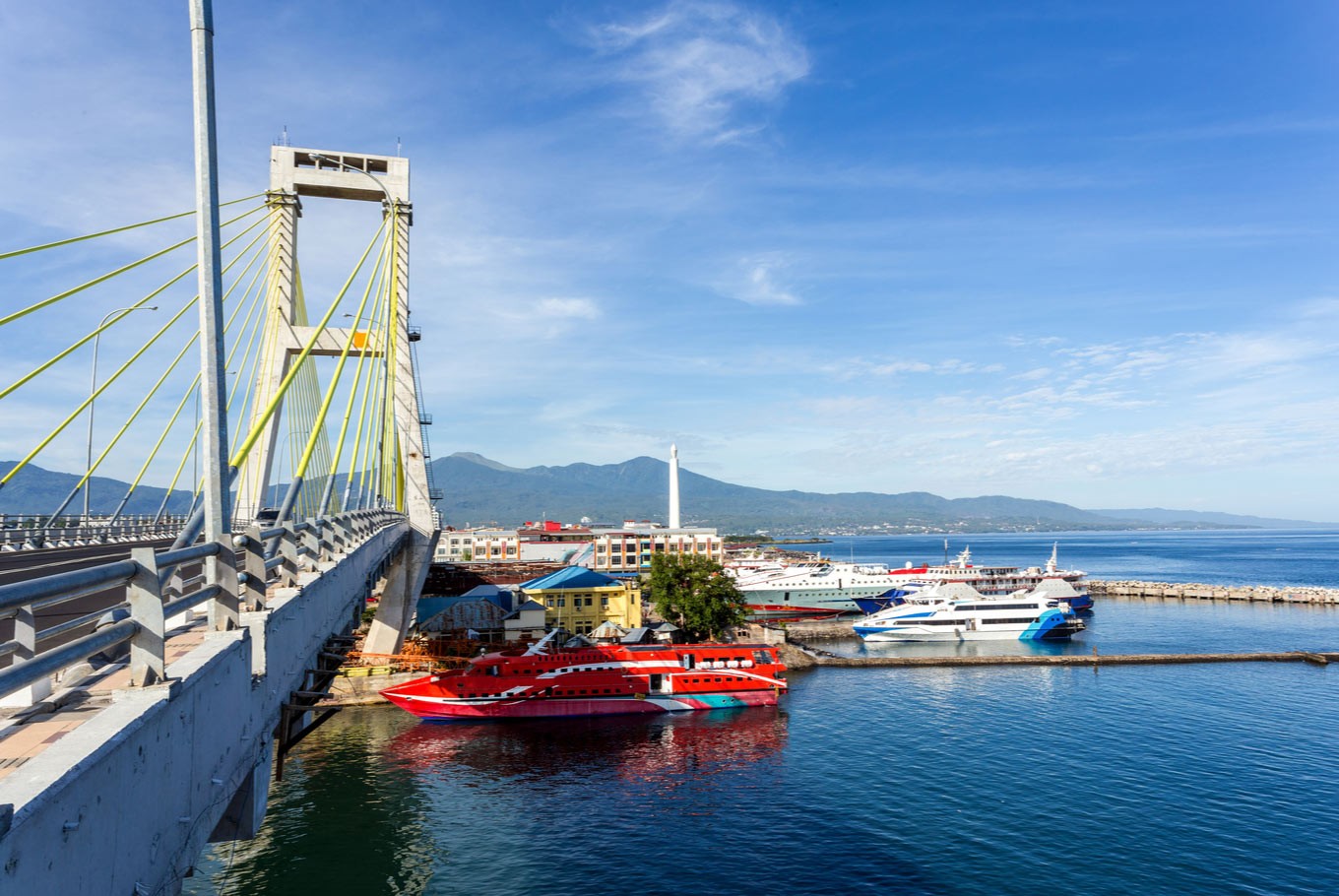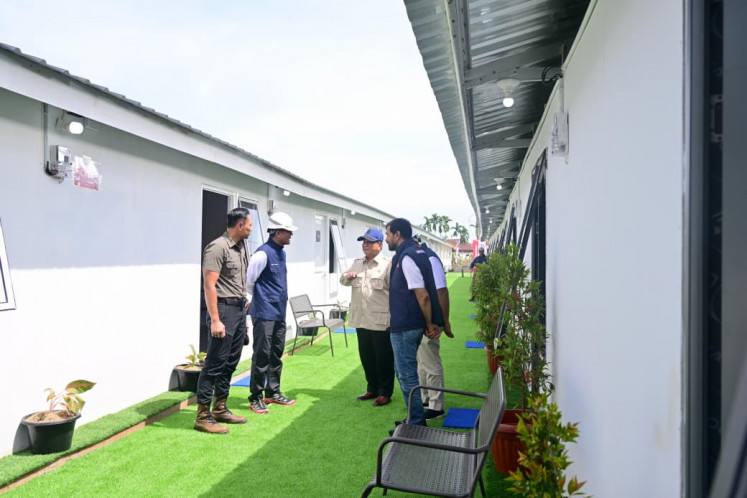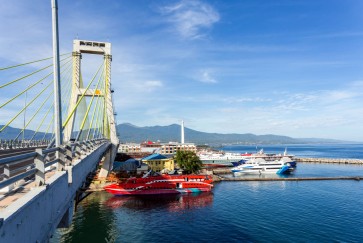Popular Reads
Top Results
Can't find what you're looking for?
View all search resultsPopular Reads
Top Results
Can't find what you're looking for?
View all search resultsThe Djuanda Declaration has more to offer
In retrospect, the Djuanda Declaration should be regarded as a magnum opus of modern Indonesian diplomacy.
Change text size
Gift Premium Articles
to Anyone
I
ndonesia celebrated Nusantara Day on Wednesday to recall the historic declaration by former prime minister Djuanda 60 years ago. Famously known as the Djuanda Declaration, the statement was more than just a political expression aimed at calculated legal ramifications, but one that carried with it a geopolitical and geo-economic aspiration and bearing.
The Declaration irreversibly reinforced the unity of the archipelago’s waters and its thousands of islands. It thus laid the framework for Indonesia’s geopolitical conception of tanah-air, the equivalent of “homeland” in the Indonesian language.
Rather than being divided, the tanah (land) and air (water) of the archipelago were formed into the indivisible and sacred whole that is Indonesia’s territory. On the other hand, it was also an aspiration of geo-economic weight in which Indonesia unmistakably asserted its control over the resources within its territory. Simply put, the Declaration was a conscious and defiant assertion of the security and economic importance of the Indonesian archipelago and a response to the challenges the nation faced.
In the years that followed the Declaration, it became clear to Indonesia’s statesmen that solid international acceptance was critical.
Such worldwide recognition would serve two functions. First, it would assure that Indonesia’s self-determination was respected. Second, it would give Indonesia its sought-after legitimacy.
The Djuanda Declaration hence provided moral and political impetus for Indonesian diplomacy to fulfill the noble aspirations unveiled on Dec. 13, 1957. The gist of the Declaration was finally inscribed under Part IV (Archipelagic States) of the final text of the Convention on the Law of the Sea as produced by the 1982 United Nations Conference on Law of the Sea (UNCLOS III).
In retrospect, the Djuanda Declaration should be regarded as a magnum opus of modern Indonesian diplomacy. It should also be celebrated in the same fashion and in the same league as the Proclamation of Independence of Aug. 17, 1945 and the Asian-African Conference of 1955.

















